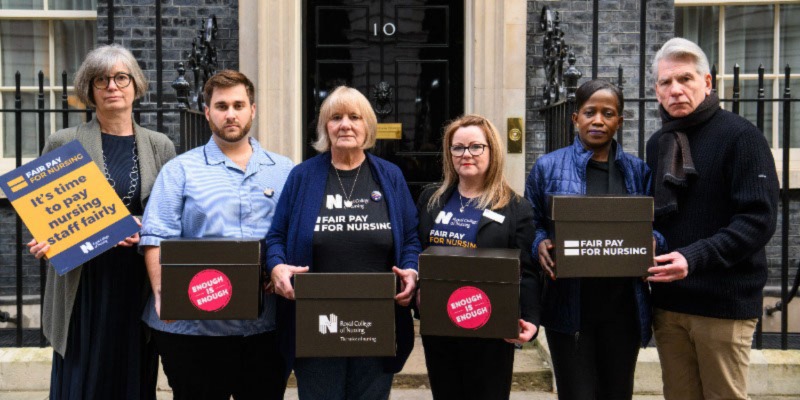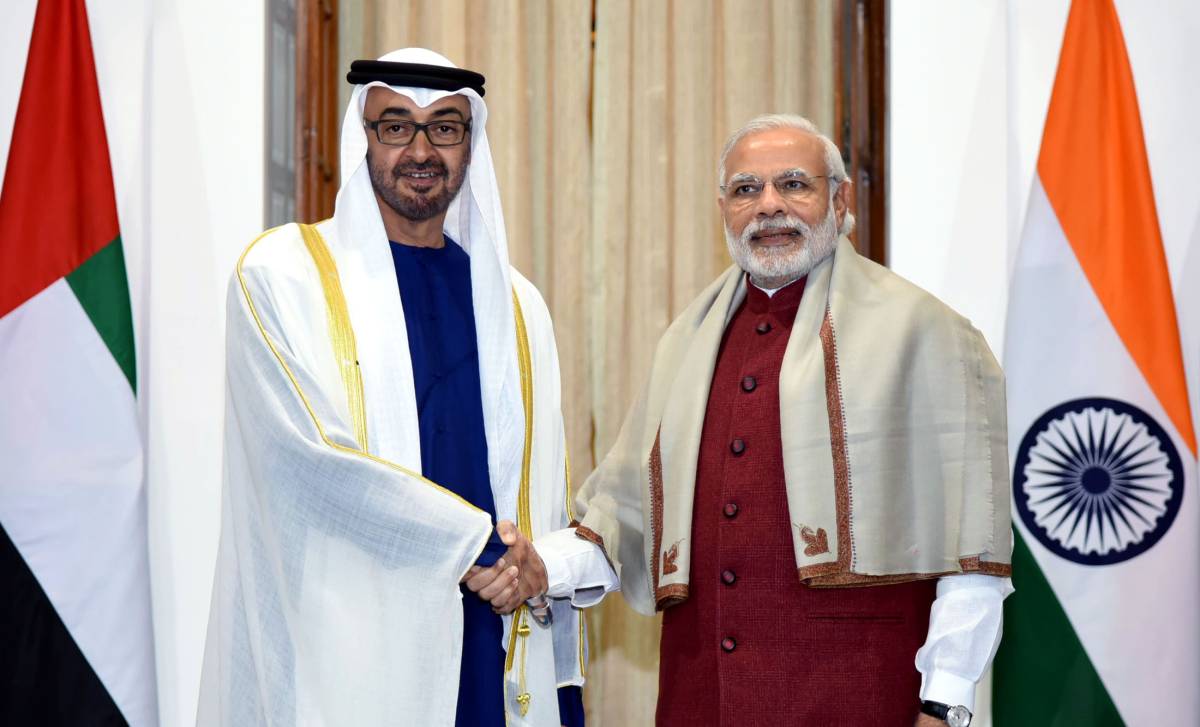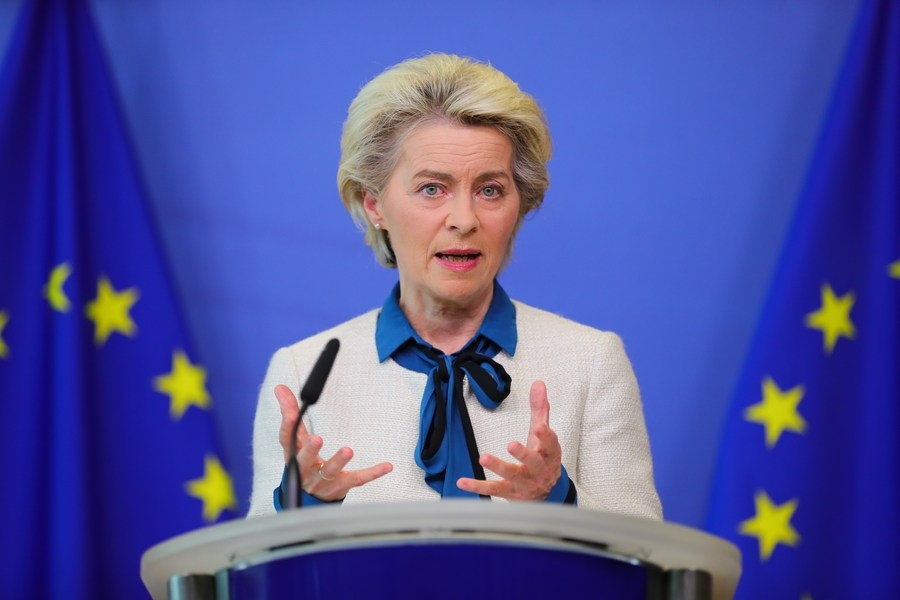Monday marks the first time ambulance crews and nurses will walk out on the same day after NHS industrial action started in December…reports Asian Lite News
Britain faces its largest ever strike by health workers on Monday as tens of thousands of nurses and ambulance workers walk out in an escalating pay dispute with the government, spelling further disruption for an already strained health system.
Nurses and ambulance workers have been striking separately on and off since late last year but Monday’s walkout involving both, largely in England, will represent the biggest in the 75-year history of the National Health Service (NHS).
Monday marks the first time ambulance crews and nurses will walk out on the same day after NHS industrial action started in December.
But while it is the biggest strike action of this winter, the impact will not be felt everywhere.
Under trade union laws, emergency cover will be provided. This means services such as intensive care, kidney dialysis and urgent cancer care will be provided.
What is more, around a third of nurses are not members of the RCN and two thirds of services in England will not see any strike action take place.
The majority of services taking part in the two days of RCN action this week are hospitals.
England’s top doctor, Stephen Powis, said strike action this week, which will also see physiotherapists walk out on Thursday, would most probably be the most disruptive so far.
Health workers are demanding a pay rise that reflects the worst inflation in Britain in four decades, while the government says that would be unaffordable and cause more price rises, and in turn, make interest rates and mortgage payments go up further.
Around 500,000 workers, many from the public sector, have been staging strikes since last summer, adding to pressure on Prime Minister Rishi Sunak to resolve the disputes and limit disruption to public services such as railways and schools.
Asked by Sky News if the strikes would put lives at risk, business minister Grant Shapps said he was “concerned that it does” because of a lack of cooperation between the back-up services, such as the army, and those workers who are striking.
“The Royal College of Nursing (RCN) have very responsibly … told the NHS this is where we are going to be striking and they’re able to put the emergency cover in place. Unfortunately, we’ve been seeing a situation with the ambulance unions where they refuse to provide that information,” he said. Ambulance workers have denied Shapps’ allegation.
Sharon Graham, leader of the Unite union, told the BBC on Sunday she wanted Sunak to come to the negotiating table, accusing the government of lying about ambulance workers.
“This government is putting lives at risk,” she said.
The NHS, historically a source of pride for most Britons, is under extreme pressure with millions of patients on waiting lists for operations and thousands each month failing to receive prompt emergency care.
The RCN says a decade of poor pay has contributed to tens of thousands of nurses leaving the profession — 25,000 over just the last year — with the severe staffing shortages impacting patient care.
The RCN initially asked for a pay rise of 5% above inflation and has since said it could meet the government “halfway”, but both sides have failed to reach an agreement despite weeks of talks.
Meanwhile, thousands of ambulance workers represented by the GMB and Unite trade unions are also set to strike on Monday in their own pay dispute. Both unions have announced several more days of industrial action.
Not all ambulance workers will strike at once and emergency calls will be attended to.
In Wales, nurses and some ambulance workers have called off strikes planned for Monday as they review pay offers from the Welsh government.
Sunak said in a TalkTV interview last week he would “love to give the nurses a massive pay rise” but said the government faced tough choices and that it was funding the NHS in other areas such as by providing medical equipment and ambulances.
The government has refused to reopen official pay talks – although it has met union leaders to discuss the situation.
The pay award, which is worth at least £1,400 for each NHS worker below the level of doctor and works out at an average of 4.75%, is already being paid to staff.
The government says it is now in the process of gathering evidence for next year’s pay award which is due to come in in April.
But the unions have pulled out of that pay process, which is overseen by the independent NHS Pay Review Body.
In Wales, staff were given the same award as in England, but the Welsh government has now offered another 3%, prompting many unions to suspend action there.
Pay talks are also taking place in Scotland as ministers there have offered extra too.
ALSO READ-Truss blames ‘system’ for her failure














